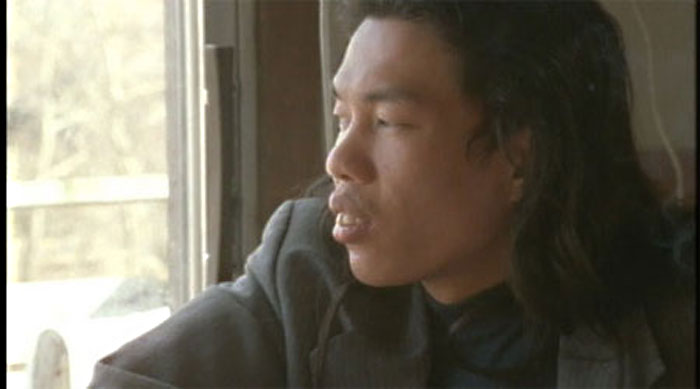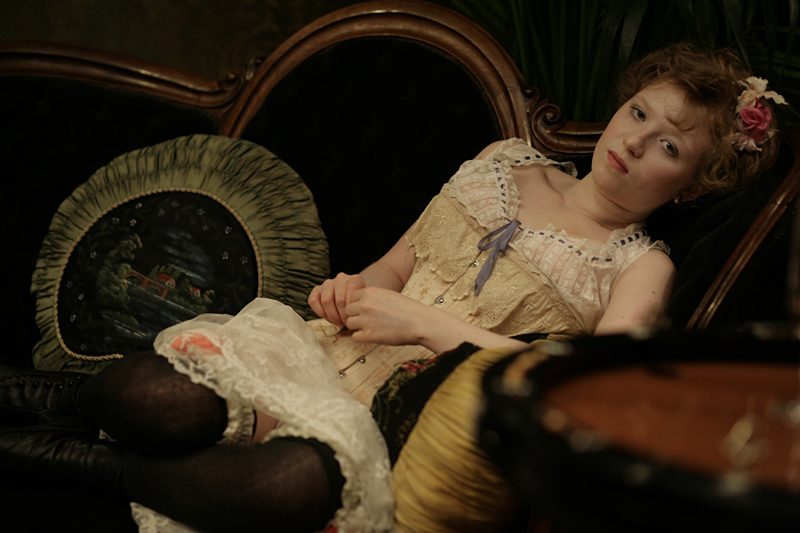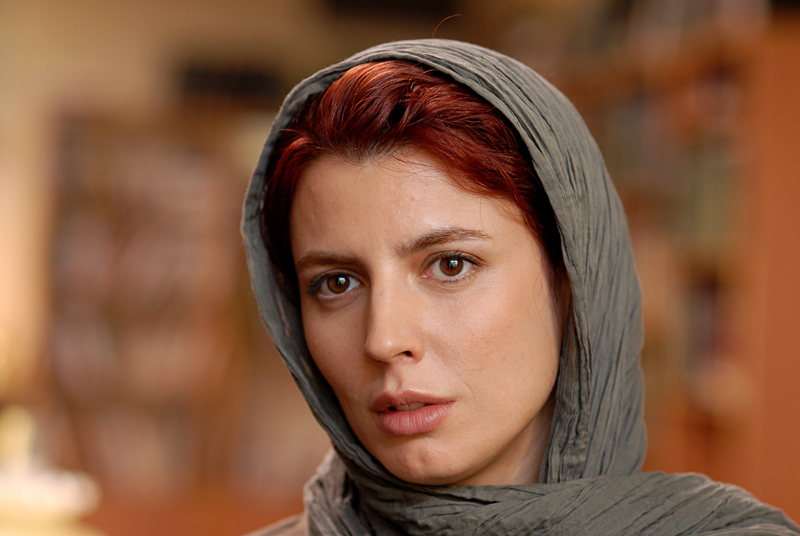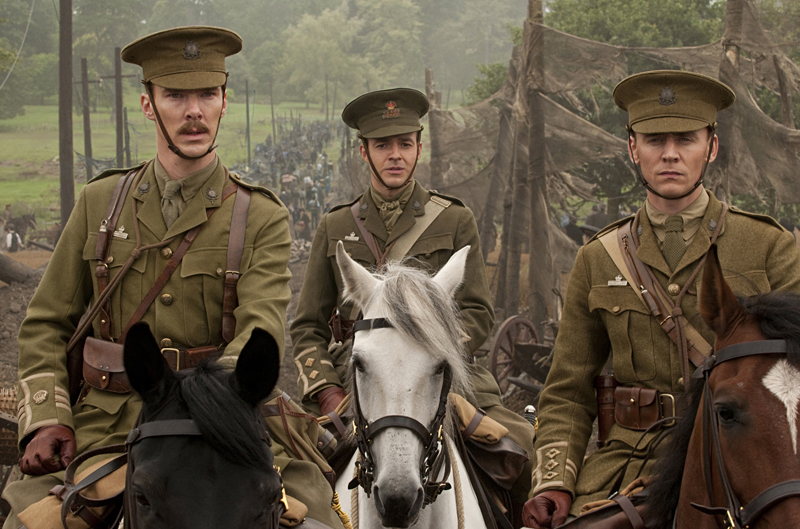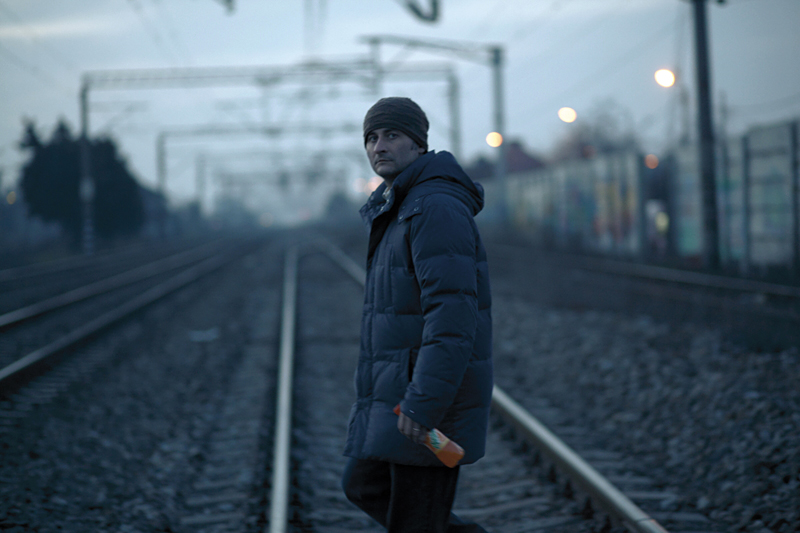Some 23 years in the making, Ellen Kuras’ first film as a director is a portrait of Laotian refugee Thavisouk Phrasavath. The Betrayal is also a haunting flashback to the lush green and fiery orange phantasmagoria of wartime Indochina. Long one of the independent film movement’s leading cinematographers, Kuras had yet to shoot anything when she discovered Phrasavath and his family living in a Brooklyn housing project and embarked upon their epic collaboration. (Her subject is credited as co-director, co-writer, and editor.) Although she documented Phrasavath’s life for over two decades, Kuras seems particularly fascinated by things that could not be filmed directly. The Betrayal eschews straightforward chronology, incorporating photographs of colonial Laos, TV footage of JFK, newsreels of the Ho Chi Minh trail, bombs falling, towns burning, and clips from a Pathet Lao propaganda movie, as well as incidents from Phrasavath’s subsequent return to his birthplace. The mode is free-associative, but the movie’s blunt, accusatory title fits multiple periods of its subject’s life. He was abandoned by his protectors, by his liberators, by the relief agency that brought his family to the U.S., and by his father who reappeared after 15 years, before, as Phrasavath puts it, “our heart was broken again.” The Betrayal is refined, even delicate, filmmaking. Subtly off-speed and suffused with late-afternoon light, the movie weaves through time. Which is the dream, America or Laos? Impressionistic and lyrical, as well as somber and gripping, The Betrayal conveys a ceaseless flow. It’s as if the filmmaker has opened a window onto a parallel world traveling beside our own.
PICK The Betrayal: Escaping the Misery of Laos
